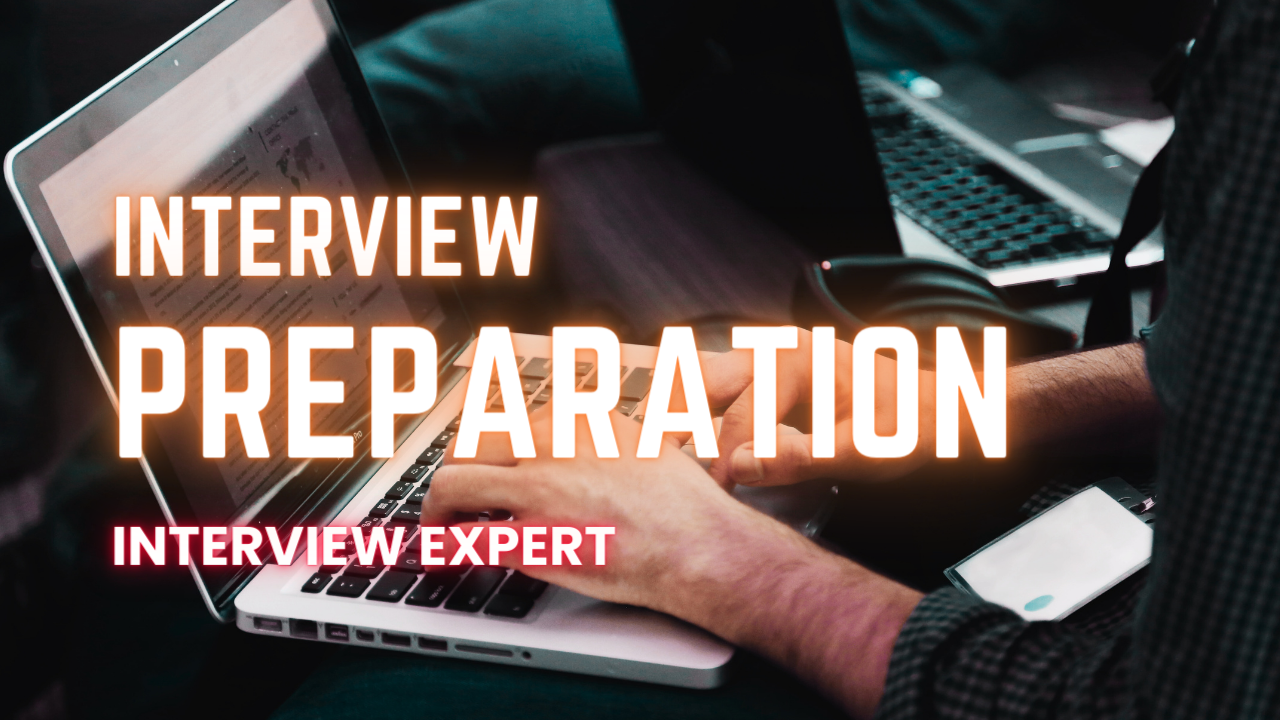
In job hunting, there often comes a step known as the interview, where you converse with the hiring manager. The purpose of this interview is for the company to gauge your qualifications for the position you seek. While there may be variations in how employers conduct interviews, involving the questions they pose and the duration of the interview, depending on the company’s preferences, there is a general structure that most interviews follow, providing you with an opportunity to prepare effectively.
There are countless articles about interviews, but many factors may cause shifts and updates about this. So, it’s best to talk more about it, what to expect, how to prepare, and also look into other factors that may help you succeed in your job application journey.
First and foremost, let’s define what an INTERVIEW is.
An interview is a meeting in which you respond to questions that highlight your skills and qualifications for a certain job. This type of meeting is usually conducted with just one interviewer and an interviewee, but you may meet with several interviewers at once.
When applying for a job, expect to go through multiple rounds of interviews because employers want to ensure you’re the right candidate for the job. An interview may happen in person or face-to-face, over the phone or through video call, or even in a group setting.
Let’s further our review of interviews and learn what to expect in one.
Most certainly, there is not just one thing to expect regarding the interview process. It’s best to know that the format of an interview will significantly depend on the company you’re interviewing with. During a conventional, in-person interview, here’s a broad summary of what you can anticipate:
Before your interview, you may have already communicated with a recruiter or hiring manager. After evaluating the job posting’s requirements and deciding that they align with your interests, you likely submitted your resume and cover letter. Additionally, you may have given them your portfolio or other supporting resources to help them assess your potential value to their company if necessary. Interview preparation is key.
Expect to hear back from them if they think you might be a good fit for the role they’re filling in. Once you qualify as a potential applicant, they will reach out and invite you for a formal interview or ask to speak with you over the phone or via a video call. If one of the latter has been done, it only means that they want to get to know you a bit more before moving to the next step of the screening process.
Recruiters frequently conduct a phone screening before inviting potential applicants for a formal interview. Be ready to provide an overview of your background, experience, and level of interest in the role and the company itself.
When this has been done, you are sure that they felt confident enough in your skills and abilities to want to know more about you and your overall expertise. Interview preparation will help you to prepare for this.
Although the interview processes of different companies and human resources departments vary, the basic structure tends to be similar. This is where interview preparation can assist you.
Upon arrival at your interview, approach the secretary or reception desk. Politely introduce yourself and specify the position you are interviewing for. You will likely be asked to wait in the designated area until the interviewer is prepared to meet with you. During this time, it is crucial to refrain from using your phone to avoid appearing disinterested in the role and making a negative impression. Through interview preparation, such as turning off your phone prior to going into the meeting area, you will assist yourself with the first impression.
When you meet the interviewer, they’ll likely show you to their office and make small talk. Pay close attention and actively listen, as this is essentially the start of the interview. Also, be mindful of your gestures and body language, as those might be observed. As soon as you’re settled, the interviewer will explain the job details and the qualities they’re seeking in a candidate.
During an interview, the interviewer will assess your qualifications for the role after the job position and its responsibilities have been outlined. They will pose various general, behavioral, situational, and industry-specific questions to gain insights into your experience, skills, and accomplishments. Be well-prepared to address these inquiries effectively. Prioritize prepping for behavioral interview questions and picture situations or scenarios wherein you displayed those behaviors at work. Interview preparation will help you foresee these situations before participating in the interview.
Be prepared to be asked about employment gaps and your preferred salary range. To ensure interview success, it is essential to be well-prepared for common interview questions. As different interviewers may have different approaches, it is crucial to anticipate various potential questions and craft thoughtful responses. Again, proper interview preparation will assist you in this area.
During the interview, the interviewer may offer you the opportunity to ask questions about the position or the company. This is an excellent chance to seek clarification, express your enthusiasm for the role, and demonstrate your research on the company. Essentially, it’s an ideal opportunity to convey your genuine interest in working for them. If you take the time through interview preparation, you will be ready to speak about the company.
Following the interview, the interviewer may take you on a workplace tour to provide insights into the work environment. Additionally, they might introduce you to potential future colleagues. Before leaving, express your gratitude to the interviewer for their time and the opportunity to interview for the position.
Once you conclude the interview, it is beneficial to express your gratitude to the interviewer or the hiring manager via email. A brief thank you note can make a positive impression and remind you of your interest in the position. This gesture can be precious if you hope to establish a working relationship with the company in the future. Through interview preparation, you can prepare your concluding comments.
While you wait for feedback from the hiring manager, it’s crucial to evaluate if the role aligns with your aspirations and career goals. The interview process serves as a two-way evaluation, not only for them to assess your suitability but also for you to determine if it’s a role you could envision yourself in. If you conduct proper interview preparation, you will have a good idea of whether the role is for you before the interview.
After the interview, you can expect a response from the hiring manager within one to two weeks. However, you might not hear back in some cases unless they wish to proceed to the next interview round or make you a job offer. When you receive feedback, you will either be given a job offer, informed that they want to proceed to the next round of interviews, or notified that they have chosen another candidate.
Even if you don’t receive a job offer, the interview process can provide valuable experience and may even increase your confidence level for future interviews. It will give you experience for interview preparation for your following job interview.
In addition to preparing answers to interview questions, there are other important aspects to consider for a successful interview. Follow these steps as a guide before your interview:
Take the time to review the job description, as you may be asked questions about it during the interview process. By aligning your qualifications and experiences with the details mentioned in the job posting, you can effectively demonstrate your suitability for the role and impress the interviewer with your qualifications. Through appropriate interview preparation, you can articulate your qualifications more effectively.
While interviews can be absolutely intimidating, it should not deter you from reaching your goal of working in your dream company or getting hired for that ideal job. Let’s help you achieve those! Feel free to reach out to us at www.interview-expert.com or call 859-572-4499. We’ll make every effort count! We can help you with adequate interview preparation.
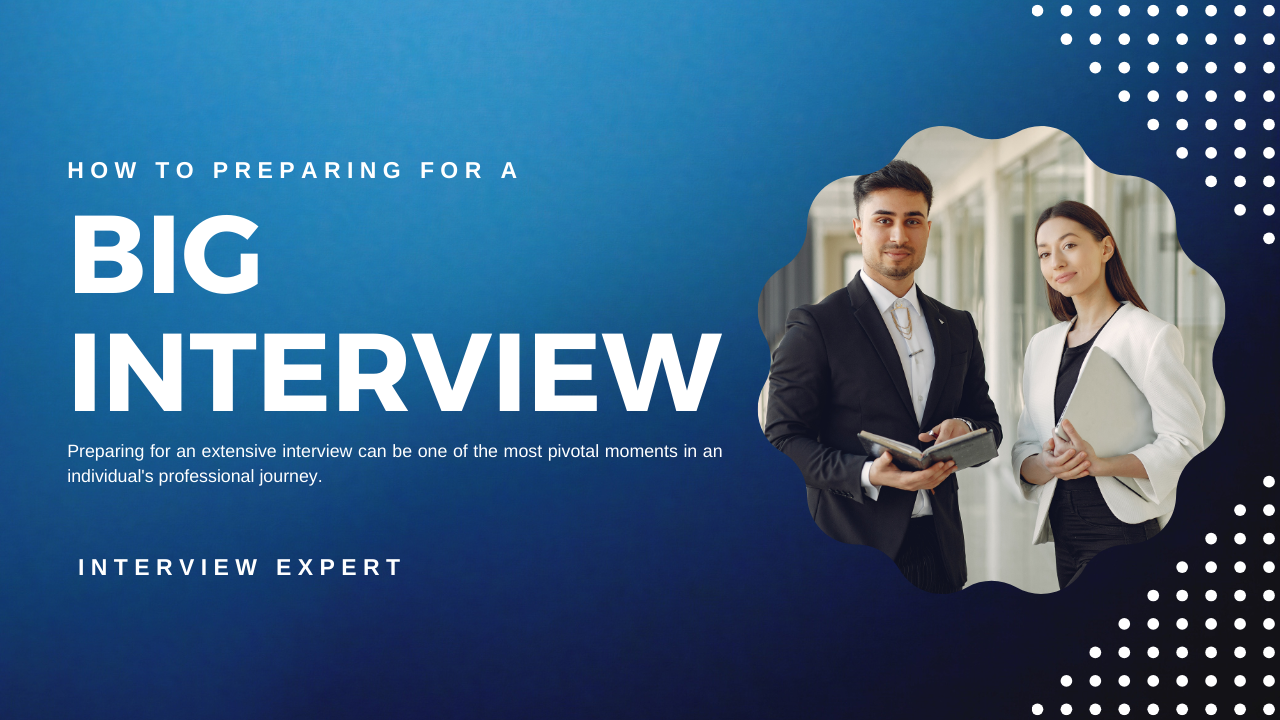
3 weeks ago, admin
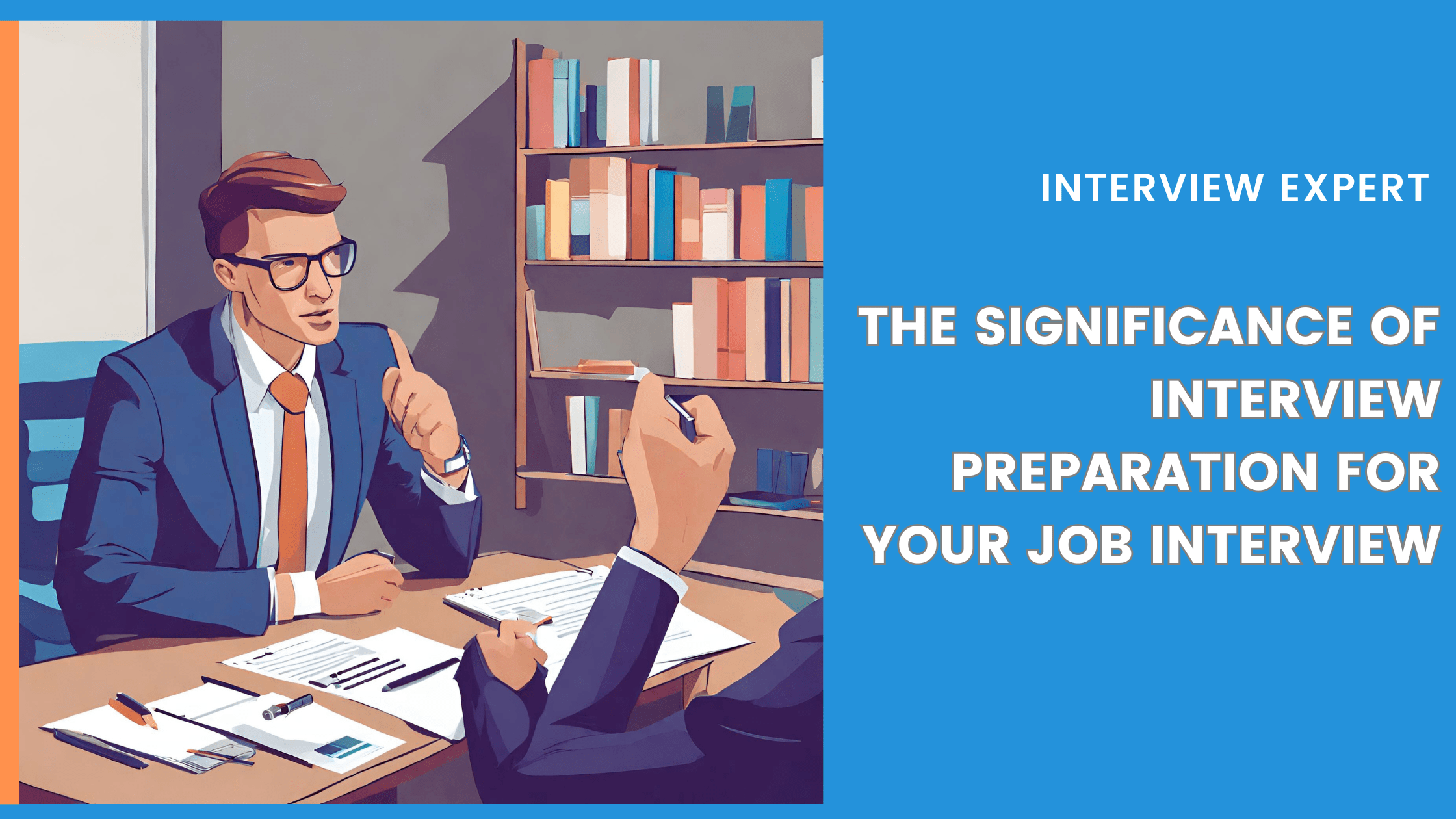
3 months ago, admin

3 months ago, admin

5 days ago, admin
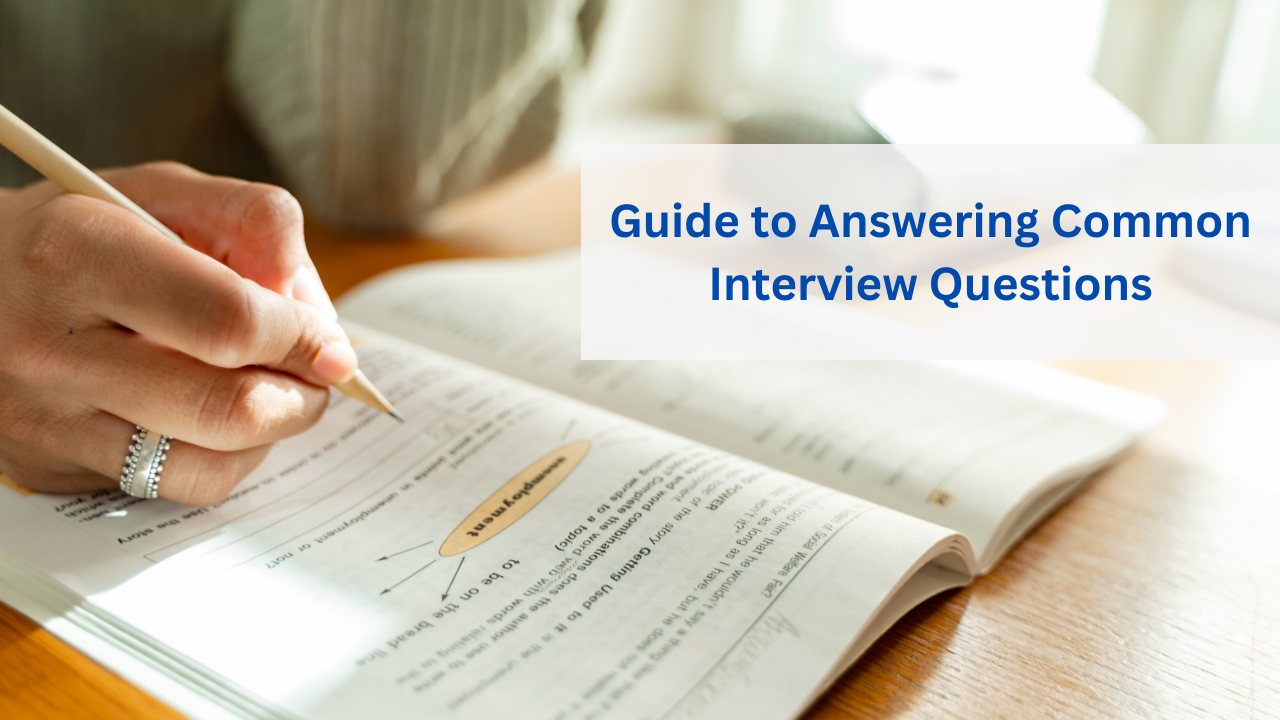
7 days ago, admin
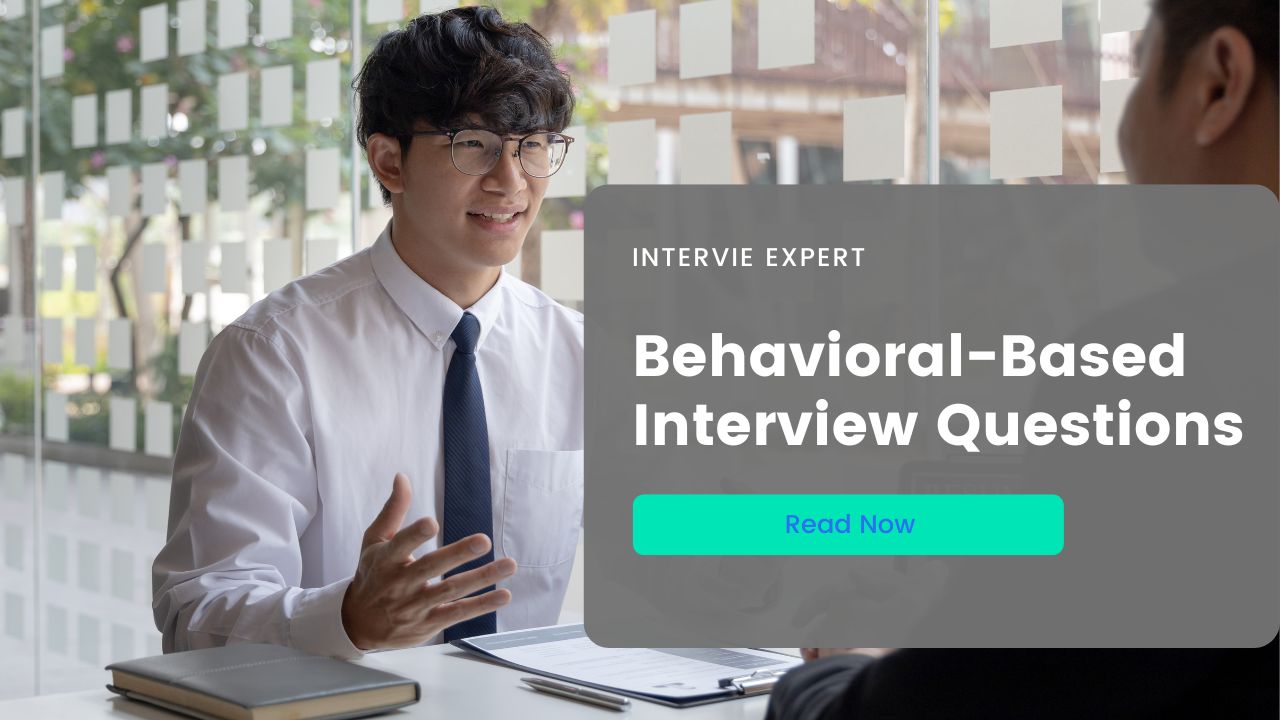
2 weeks ago, admin
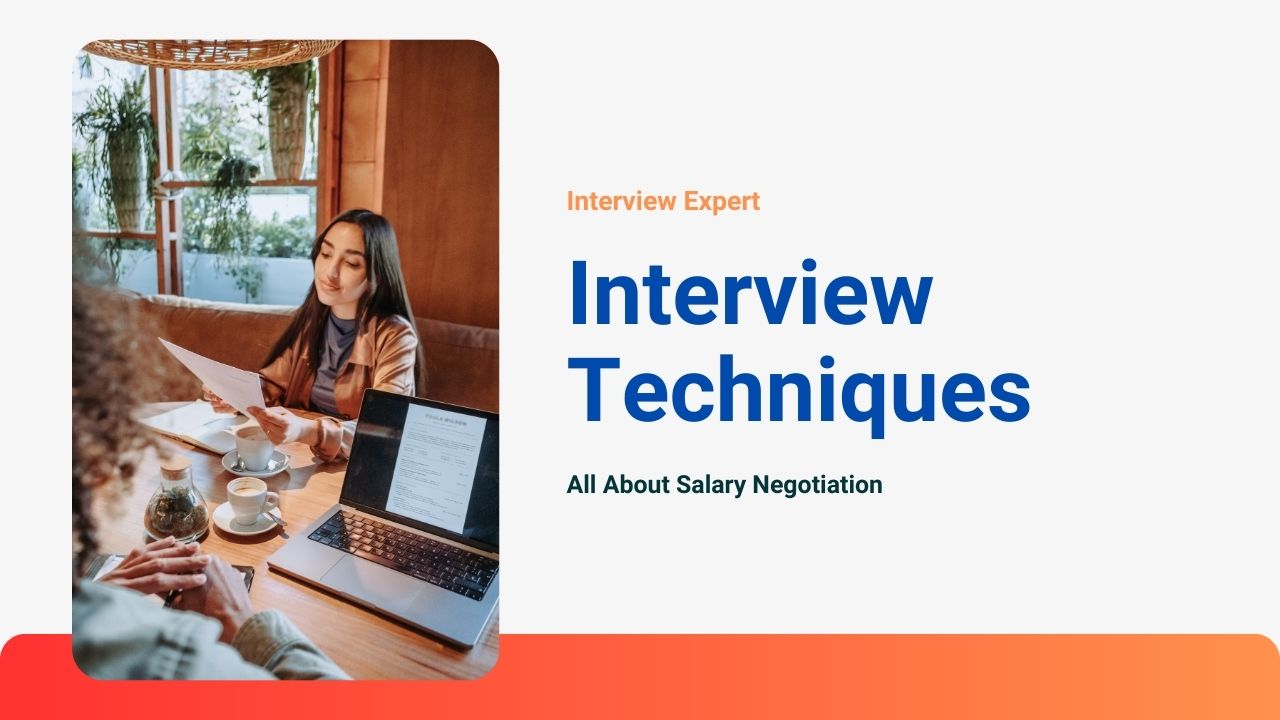
2 weeks ago, admin
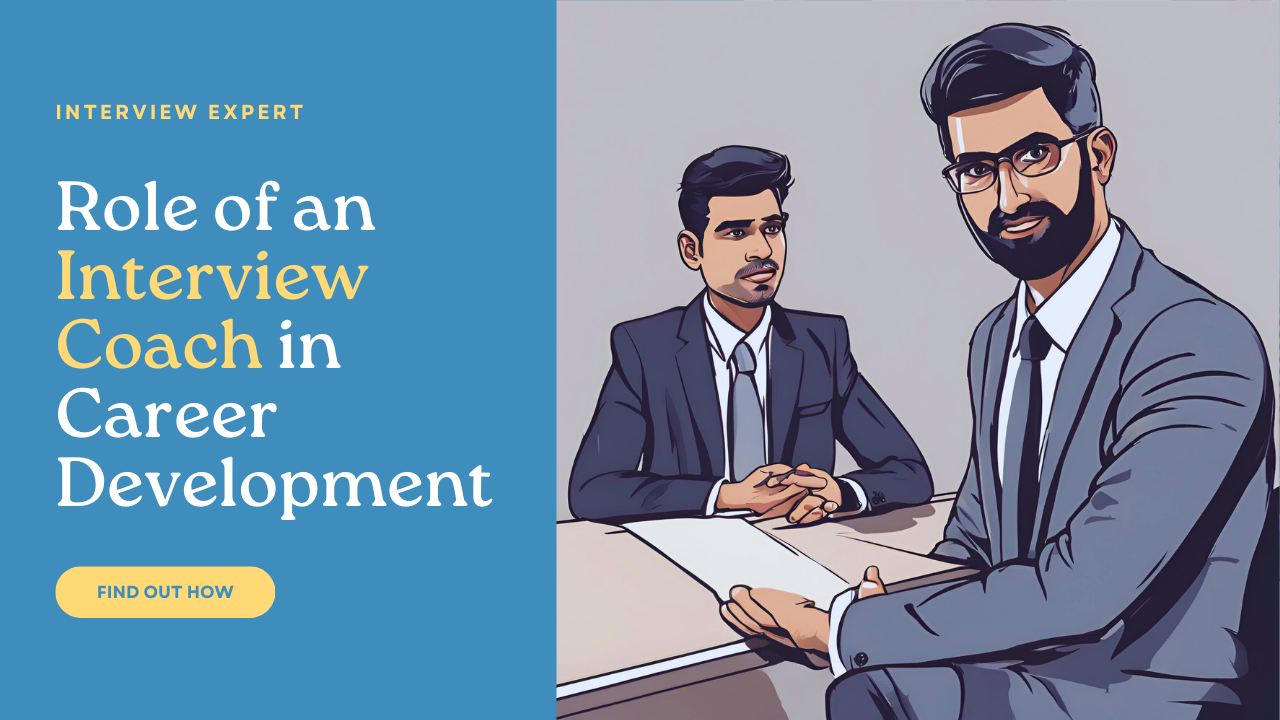
3 weeks ago, admin